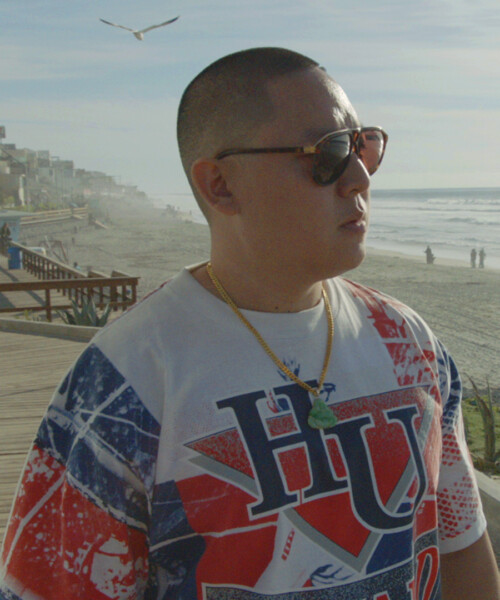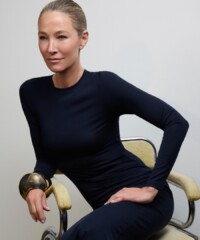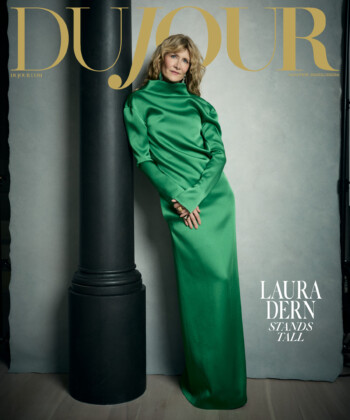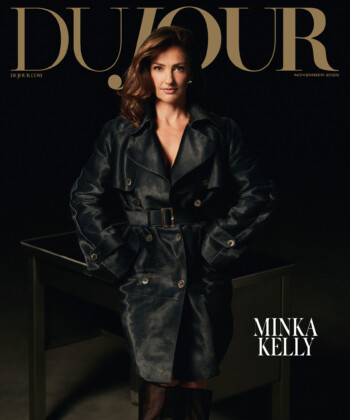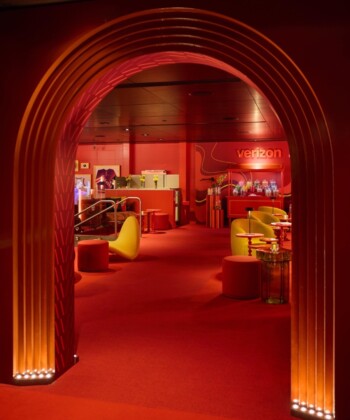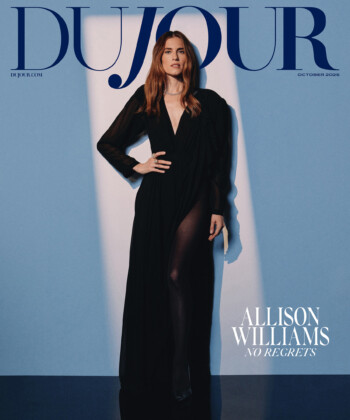Celebrity chef and author Eddie Huang is not interested in being told what to do. He’s brash, unapologetically opinionated and has a penchant for speaking his mind regardless of the consequences—which makes his latest project, a family-centric television program on a major corporate network, something of an anomaly.
Huang’s 2013 best-selling memoir Fresh Off the Boat piqued the interest of ABC and 20th Century Fox last year. The two joined forces to adapt his story—about an American kid being raised by Taiwanese-immigrant parents—into an eponymous sitcom that will debut on ABC February 4.
The restaurateur (who owns Baohaus in New York City) has publicly criticized the show’s interpretation of his book. In an op-ed for New York Magazine he wrote, “I began to regret ever selling the book, because Fresh Off the Boat was a very specific narrative about specific moments in my life… The network’s approach was to tell a universal, ambiguous, cornstarch story about Asian-Americans…”
He also takes issue with how his father is depicted in the series. “When he came to America, he saw that nobody would pay a lot of money for Chinese food, so he decided to open steakhouses instead. He learned how to do it and then he hired Americans to be the face of the business,” Huang explains. “[After seeing the show], my dad expressed frustration that they had purposely written him as this goofy, inept, restaurant owner—a fish-out-of-water type.”
But despite his issues with the series, the 32-year-old former lawyer hopes it will start a powerful conversation about race and Asian culture in America. And that’s essentially a guarantee, considering Fresh Off the Boat is the first network sitcom to focus on an Asian-American family in 20 years. He’s already received “an outpouring of support from people who’ve read the book and want the real story”—something he hopes will inspire the network to reconsider how the series is framed going forward.
Huang, it seems, is trying his damnedest to keep the dialogue surrounding the show as real as possible. And though he’s been repeatedly advised to avoid controversial topics while doing press, he remains unfazed.
“There are so many boring interviews because the people employed by these companies tell you ‘Don’t talk about race, immigration or politics,’” he says. “But why are they making these shows, then? The point of making a show is to talk about it… Like, will they ever learn? I’ll do what I want.”
In the spirit of Huang’s signature candor, DuJour asked him to sound off on a few “food trends” for 2015. Here’s what he had to say:
On butter “making a comeback”: I thought butter never left.
On matcha: They opened a matcha bar in Brooklyn. It’s just so hilarious how they do it. When Americans want to serve food from another country, they make it American. They’re serving matcha like coffee, but that’s not the point. Matcha is tea. You drink it with hot water. They put flavors and cream in it, and it’s just hilarious.
On cannabis cuisine: A lot of chefs are like, “Aw man I’m cooking with cannabis now!” but every kid in high school has been making cannabis cuisine forever. I was in a High Times cookbook a few years ago. I made weed butter. That’s easy. Then you make brownies. I think that’s the oldest recipe in the cannabis cookbook.
On food writers: I feel like music, fashion and news writers are coming to the food industry because they like to go to restaurants for free. They don’t know how to use semicolons and they’re not cool enough to write for kids, so now they just write for stay-at-home moms.


























